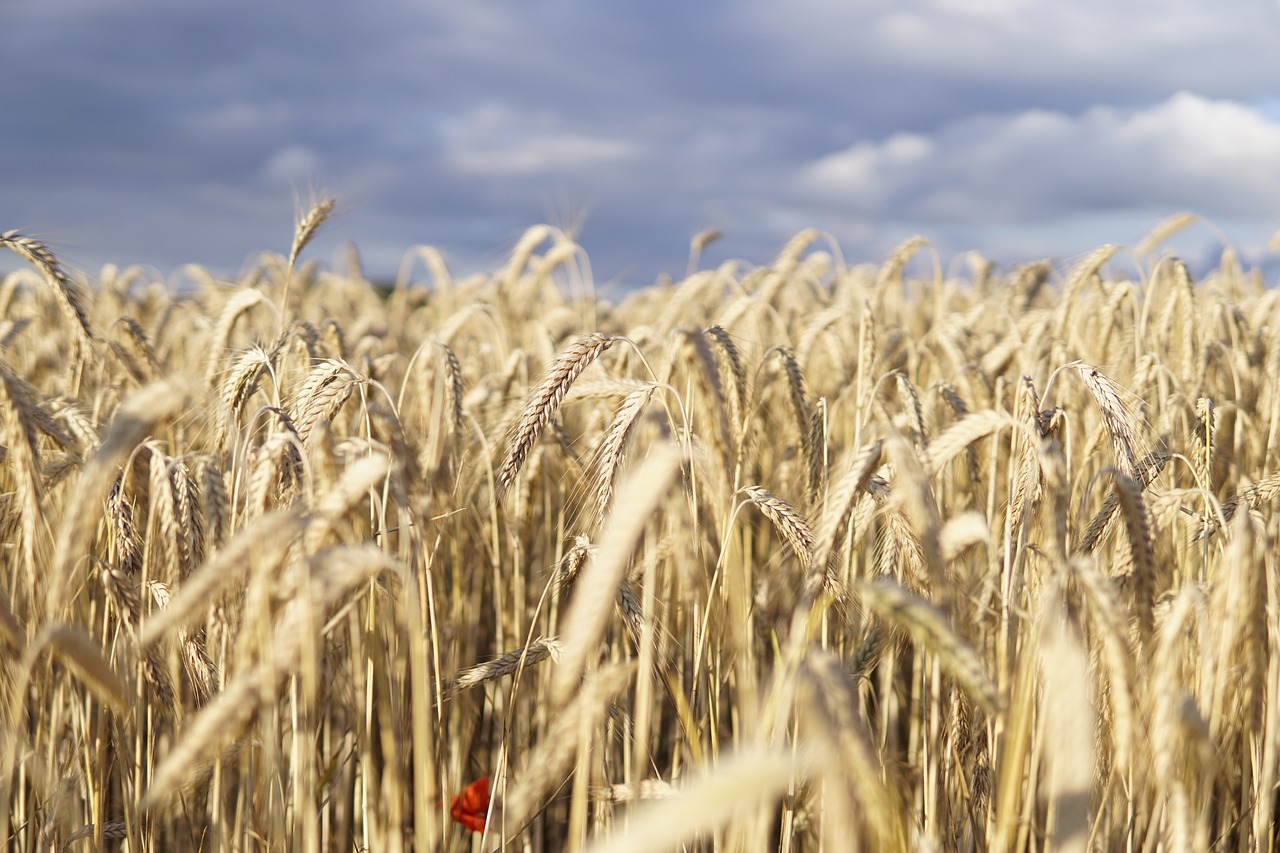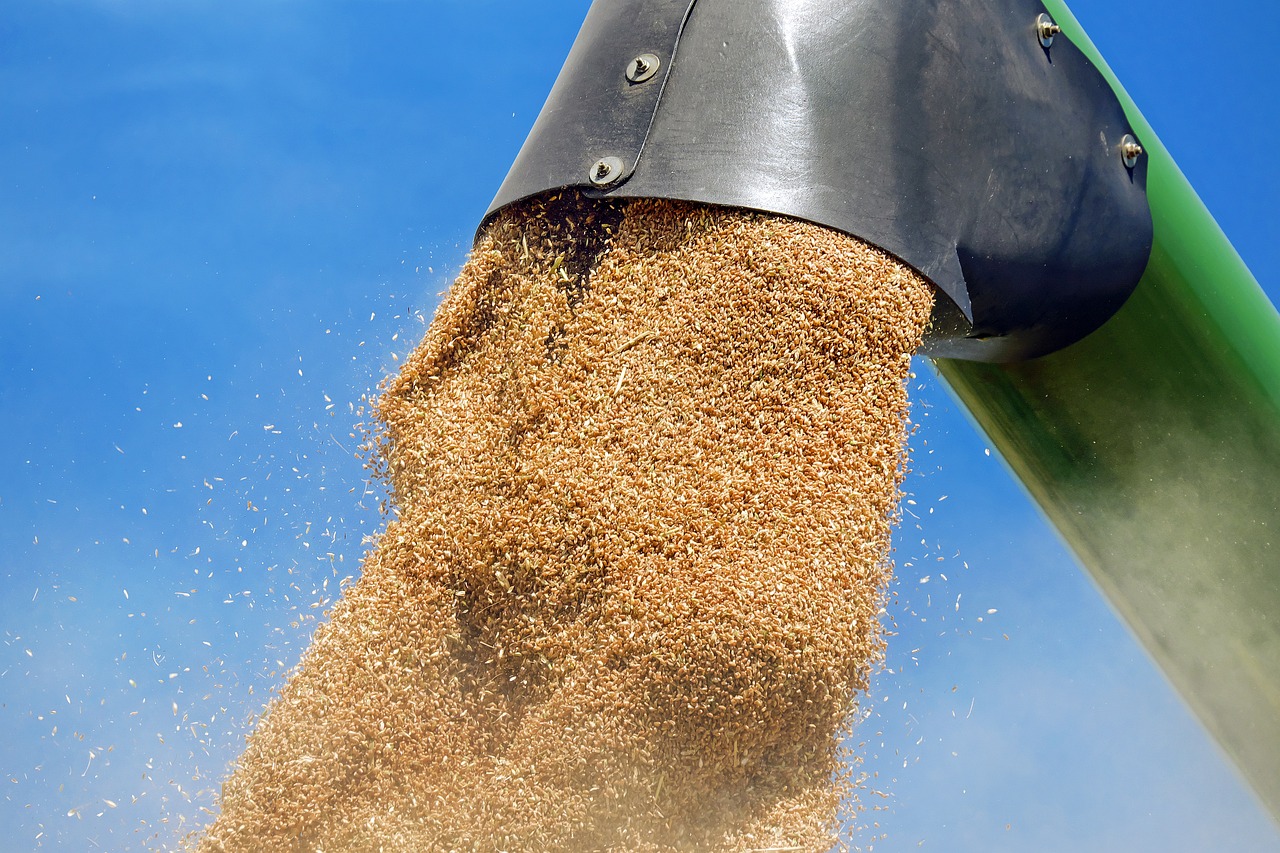Ukraine Grain Exports: In 2024, Ukraine has reached its highest levels of grain exports since the onset of the war, marking a significant recovery in agricultural output and export capabilities. This includes a substantial volume of wheat and corn, essential for both domestic needs and international markets (Gro Intelligence). The increased activity in the Black Sea ports, like Odesa, and the utilization of alternative routes such as the Danube River and overland paths through Eastern Europe, have played critical roles in achieving these numbers (Gro Intelligence).
Impact of EU Trade Policies: The European Union has been instrumental in facilitating Ukraine's grain exports through a tariff-free deal targeting key products like wheat, maize, rapeseed, and sunflower seeds. This arrangement aims to alleviate trade disputes and support Ukraine's economy amidst ongoing conflicts (euronews). However, there have been tensions within the EU, particularly with Eastern European members like Poland and Hungary, which have temporarily imposed bans on Ukrainian grain to protect their domestic markets (POLITICO).
Broader Regional Impact: In the broader Eastern European context, the USDA reports on various countries reflect mixed prospects for agricultural outputs and exports. For instance, the EU's overall grain production was poised for growth, benefiting from favorable weather conditions and robust planting activities (USDA Foreign Agricultural Service). Contrastingly, specific countries like Bulgaria are expected to see a decrease in crops like rapeseed due to adverse weather and reduced harvested areas (USDA Foreign Agricultural Service).
Market and Economic Challenges: Despite the optimistic export figures, the agricultural sector in Ukraine and its neighboring countries continues to face significant challenges. These include logistical disruptions due to military activities, fluctuating global market demands, and internal EU political dynamics affecting trade policies (POLITICO). Additionally, the need for financial support from entities like the EU underscores the ongoing economic pressures these nations face due to fluctuating agricultural markets (POLITICO).
In conclusion, while Ukraine has shown resilience in boosting its grain exports, the dynamics within Eastern Europe remain complex, influenced by geopolitical tensions, economic policies, and climatic conditions. The region's ability to navigate these challenges will be crucial in maintaining its status as a vital agricultural hub in Europe.




![[LOGO] Black Sea Brokers (UK) - Grain Brokerage Services](../images/BSB_UK_Logo-1.png)
![[LOGO] Valetime Group (UK)](../images/vtg_txt_logo.png)